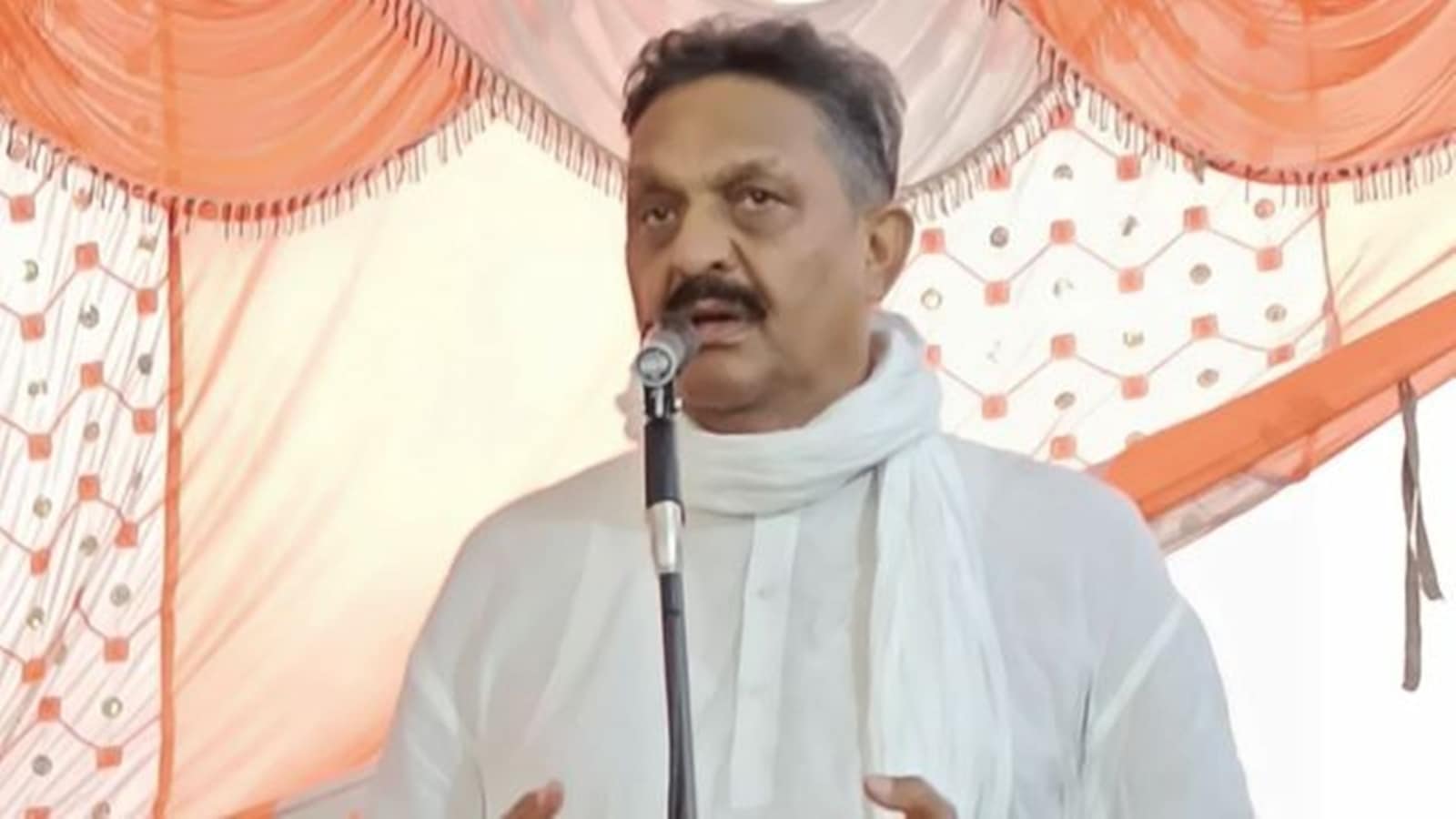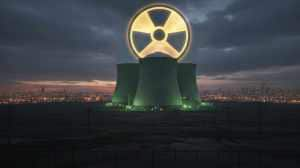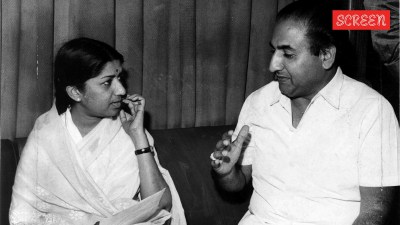HC sets aside Afzal Ansari’s conviction in Gangster case, will continue as MP
Out on bail, Afzal Ansari, had contested the LS elections from Ghazipur on a SP ticket and won.
 Samajwadi Party MP Afzal Ansari (File Photo)
Samajwadi Party MP Afzal Ansari (File Photo)The Allahabad High Court on Monday set aside a lower court’s order convicting Samajwadi Party MP Afzal Ansari in a UP Gangster Act case linked to the murder of BJP MLA Krishnanand Rai in 2005. Last year, the Ghazipur court had also sentenced Ansari to four years of imprisonment.
The High Court, meanwhile, dismissed the UP government’s appeal and criminal revision plea seeking enhancement of the sentence given to Ansari by the Ghazipur court.
With the conviction now set aside, Ansari can continue as an MP. Out on bail, Ansari, had contested the recently concluded Lok Sabha elections from Ghazipur on a Samajwadi Party ticket and won.
Setting aside the conviction, Justice Sanjay Kumar Singh of the High Court, said the prosecution could not prove its case and charges under Section 3(1) of the UP Gangsters and Anti-Social Activities (Prevention) Act against Ansari “beyond reasonable doubt”. The judgment also cited Delhi trial court’s order acquitting Ansari in the 2005 murder case of BJP MLA Krishnanand Rai.
“As a fallout and consequence of above discussion, the impugned judgement and order passed by the learned Additional Sessions Judge/Special Judge, MP/MLA Court, Ghazipur… convicting and sentencing the appellant (Ansari) is hereby set-aside… The appellant (Ansari) is acquitted of all the charges levelled against him,” the High Court judgment read.
On the state government’s appeal and Criminal Revision filed by Krishna Nand Rai’s son, Piyush Kumar Rai, for enhancement of sentence awarded to accused Ansari, the High Court said, “…this Court is of the view that there is no dispute about the propositions of law laid down by the Hon’ble Supreme Court in the case of Sumer Singh (supra) and Suryakant Baburao Alias Ramrao Phad (supra), but for enhancement of sentence every case turns on its own facts and evidence. Even one additional or different fact may make a big difference between the conclusion in two cases, because even a single significant detail may alter the entire aspect.
Since… the order of conviction of Ansari has been set aside… therefore… Government Appeal and Criminal Revision are liable to be dismissed.”
The High Court noted that “making allegations against any person and to lead evidence admissible under the law in the concerned courts to prove the allegations, both are entirely different”.
“No person can be convicted on the basis of allegations only, unless the prosecuting agency prove its case in accordance with law beyond reasonable doubt. Hence a high responsibility lies upon the prosecution and on the investigating agencies to be more careful in collecting evidence in order to ensure fair investigation, because without fair investigation, fair trial is not possible. It must be impartial, conscious and uninfluenced by external influences, which is one of the essentials of criminal justice system and integral facet of rule of law. The procedure for setting the criminal law in motion, investigation should also be free from objectionable feature or legal infirmities because the just, fair and transparent investigation is right of the accused as well as victim. The conviction or acquittal of any accused is based on the material evidences led by the prosecution before the trial Court not on the allegations of the prosecution and it is prosecution who has to prove its case, not the accused,” the court observed.
After the Ghazipur special court convicted Ansari and sentenced him to four years of imprisonment on April 29 last year in a case lodged in 2007 under the UP Gangsters and Anti-Social Activities (Prevention) Act, he was disqualified as member of Lok Sabha. Ansari was then a BSP MP.
While hearing the criminal appeal of Ansari, the High Court suspended his sentence and ordered his release on bail on July 24 last year. His plea to stay the conviction was, however, rejected, prompting Ansari to move the Supreme Court.







